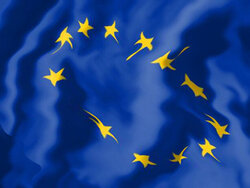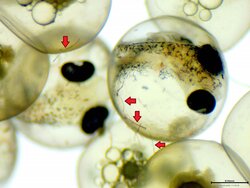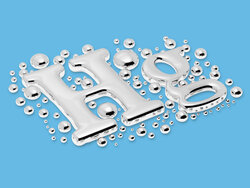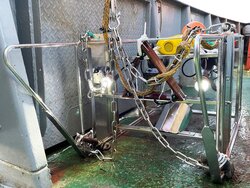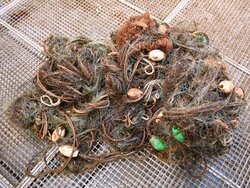Dossier
Assessment of the marine environment and protection concepts
Ulrike Kammann | 2021
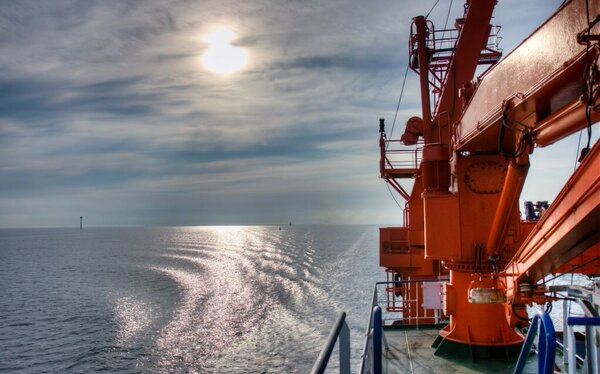
Germany is obliged by the Marine Strategy Framework Directive (MSFD) to record and assess the state of the marine environment. Meaningful indicators and monitoring concepts are a prerequisite for this.
The Thünen Institute is active in this process together with national and international colleagues at several points: we are collecting data, developing reference values for biodiversity, assessing the integrity of the sea floor and defining new thresholds for pollutants. We are also critically examining existing indicators. We do this with the aim of establishing a valid assessment framework for the state of the marine environment. We are primarily responsible for the higher trophic levels of marine communities and their chemical and radioactive pollution.

